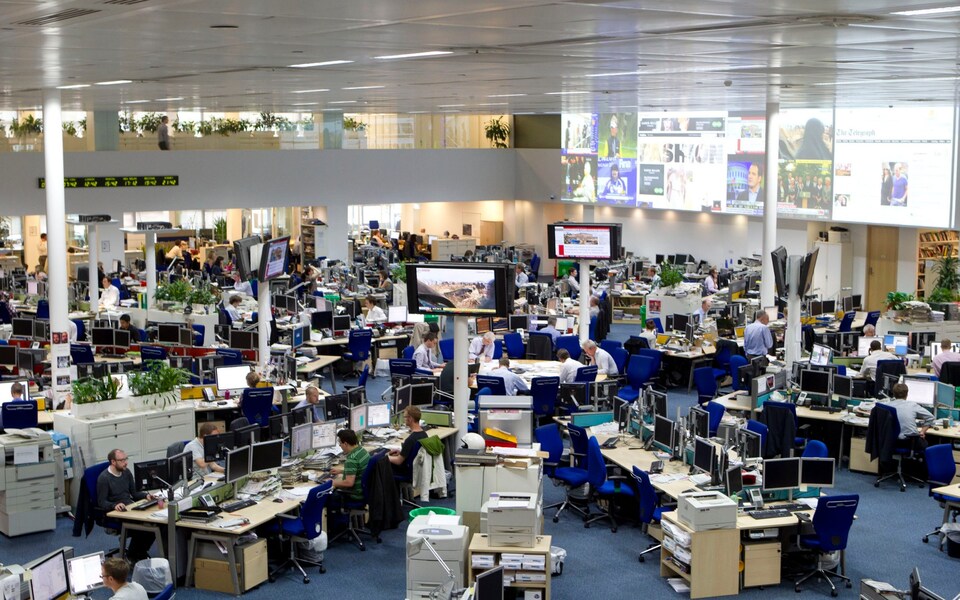Rishi Sunak might fear upsetting Arab friends, but these are great British institutions whose future is now in doubt.
I joined this newspaper in 1979 and have subsequently edited all the three titles in its stable – The Spectator, The Sunday Telegraph and The Daily Telegraph. I remain on the staD. I have therefore reached that stage in life when kind younger people, trying to make conversation, say, “You must have seen a few changes, then!”.
I have. They include the defeat of the print unions in the 1980s, the consequent new technology and business success, the rise of the internet and the conquest of print by digital. This has involved frequent meetings with triumph and disaster of the sort Kipling recognised in his famous poem.
As the editor at most of these junctures, I have also seen changes of ownership. I am familiar with the process by which one commanding and successful owner gets into diNculties and Onds that he (it has always been men) must cede control to another.
This has happened with the ownership of the Telegraph Group by the Barclay family. From the editorial point of view, they were good proprietors, in that they did not tell their editors what to write.
They also did not tell their editors, however, that they had put up their titles as collateral against big debts. This summer, in a controversial move, Lloyds Bank, angry that the Barclays’ debt to them was not being repaid, put the papers (which are profitable) into receivership. That was a change I had not seen before.
Read more: telegraph.co.uk
Photo: telegraph.co.uk


Leave a Reply